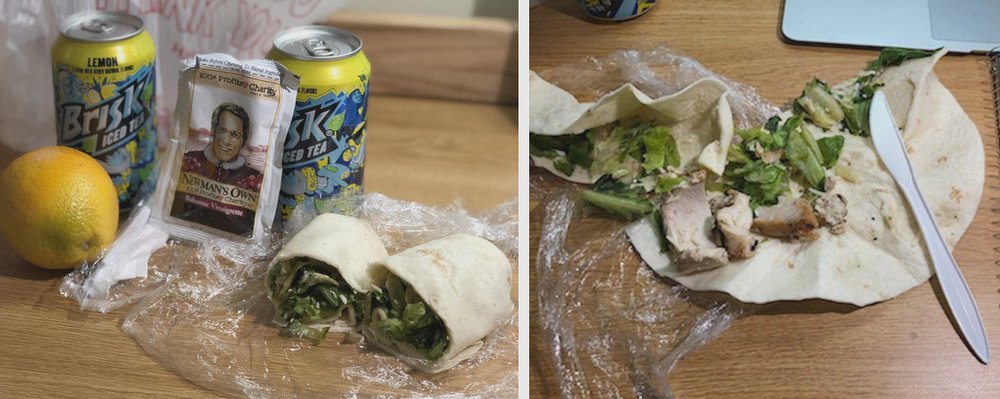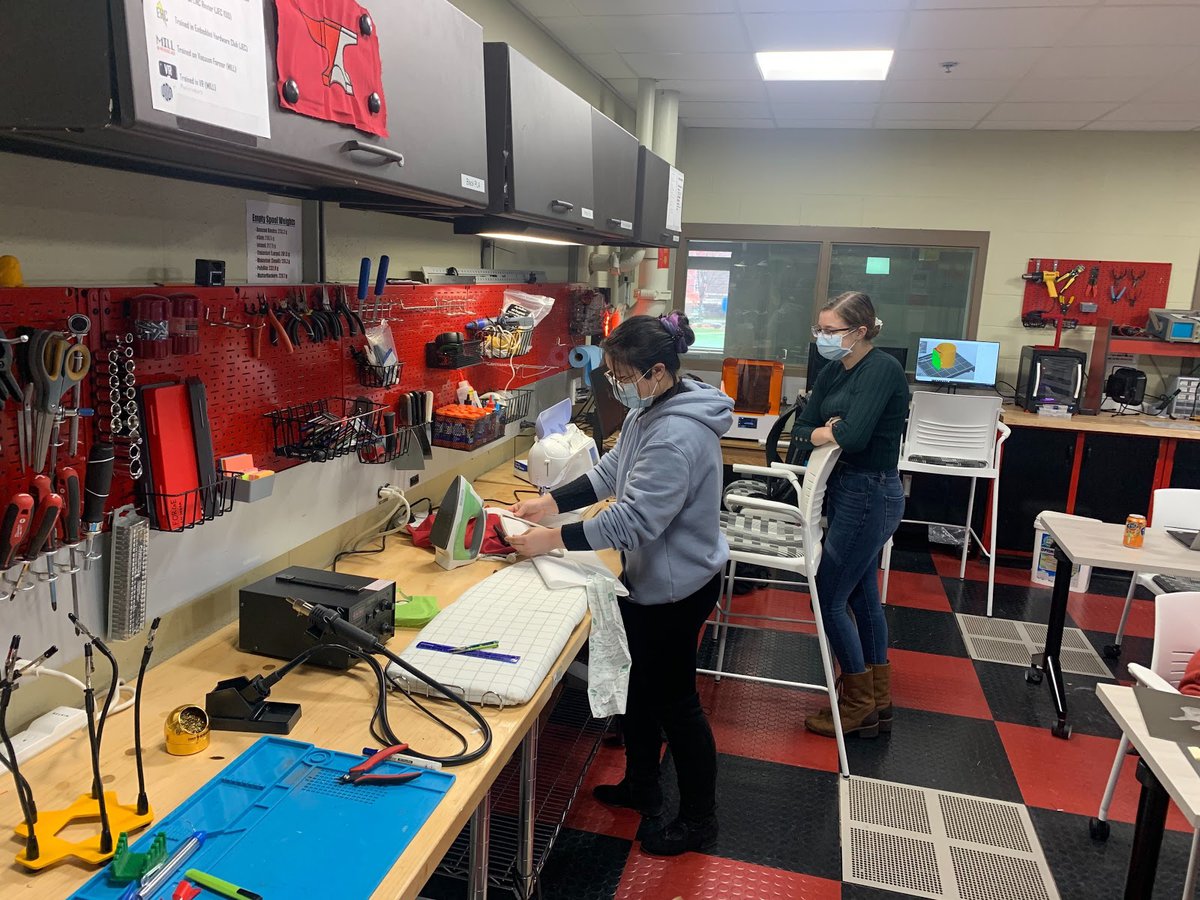It's a soggy mess: Rensselaer’s quarantine food does not fail to disappoint
Students everywhere endure the mediocrity of dining hall food, but Rensselaer’s choiceless quarantine meals are a whole new take on this quintessential college experience. As a hopeful freshman arriving on campus, I thought I was prepared for anything—after all, it is 2020. However, there was no way to prepare for the abysmal food that was soon to arrive on my dorm-steps: soggy croutons, cold sauceless noodles, and worse.
Students arriving on campus are required to observe a minimum 14-day quarantine, which demands massive amounts of patience and creativity while the food delivery service practically begs students to break quarantine just to eat a decent meal. Starting at 7:30 am, the food delivery service drops off meals every day, three times a day (twice on weekends), and ending with dinner around 4:30 pm at the latest. The mediocre food arriving at the oddest hours of the day has provided neither solace nor structure to my days stuck in a 270 square foot dorm room.
RPI’s finest continental breakfast consists of two hard-boiled eggs, a leaky fruit cup, yogurt, and an alternating main course of a bagel or cereal. The hard-boiled eggs are sometimes in their respective plastic container and at other times, let loose in the bag. Thankfully, the cereal and bagel are palatable, and the yogurt is the only thing that keeps me coming back to pick up the bag every morning. Lunch typically consists of a sandwich that is 90% bread, some sort of oddly-colored fruit, and chips that are an off-brand version of the already off-brand version. Dinner is always an exciting surprise; even the chicken caesar salad, one of my favorites, has soggy croutons and comically minuscule portions.

During my half-hour of allotted yard time, I was able to collect a minor sampling of data from fellow freshmen, and the consensus couldn’t be clearer: the food sucks. The hard-boiled eggs more often than not go to waste, the leaky fruit cup is a universal problem, and there is anecdotal evidence to suggest that yogurt is the only guaranteed edible component of breakfast. The relentless influx of three plastic water bottles a day burdens students with a mountain of plastic in their rooms. Food waste weighs heavily on the conscience of students who throw away sandwiches and dinners in their entirety.
Quality aside, there are many flaws in the food delivery system. Students are sent a QR code and required to place orders by 12 pm the day before. Those who choose not to place their order are given the standard meal. The use of the phrase “place your order” is rather misleading, just the choice of standard, gluten-free, vegan, or vegetarian meals with no control over their contents. This distinction wasn’t even met at times. My roommate requested the vegetarian option, but did not receive vegetarian food for the first few days. Having no options for your meal, in addition to not being able to opt-out of a meal also contributes to the pile of uneaten food. The food most acquainted with the trashcan are the hard-boiled eggs, containing enough to have hatched a flock.
Food waste is just the first of multiple wasteful practices entailed by this service. Every meal comes with a plastic water bottle, a plastic set of cutlery, and a plastic container for each component. I’m constantly rinsing out plastic containers in a valiant effort to recycle the relentless flow of plastic, as my small desk trash can meant for scraps of paper overflows with uneaten food. Though some of these issues are understandable, the inability to return food coupled with no option to skip a meal is an egregious oversight.
Although there are many faults in this system, I believe there is potential for improvement. Some alternatives to solve some of these issues are as follows: purchase compostable containers to deliver meals in, provide each student a set of cutlery and crockery, and grant students the option to skip a meal. The Institute could order pizzas for students on campus, perhaps twice a week, so there is at least one meal we could look forward to. This introduction to Rensselaer was a tad disheartening, but I remain hopeful for meals to come once quarantine is over and dining halls open. I am confident that RPI can improve upon its shortcomings, and strongly encourage administrators to consider these fixes to ensure a solid food delivery service.

 Student Senate
Student Senate
 Club Spotlight
Club Spotlight